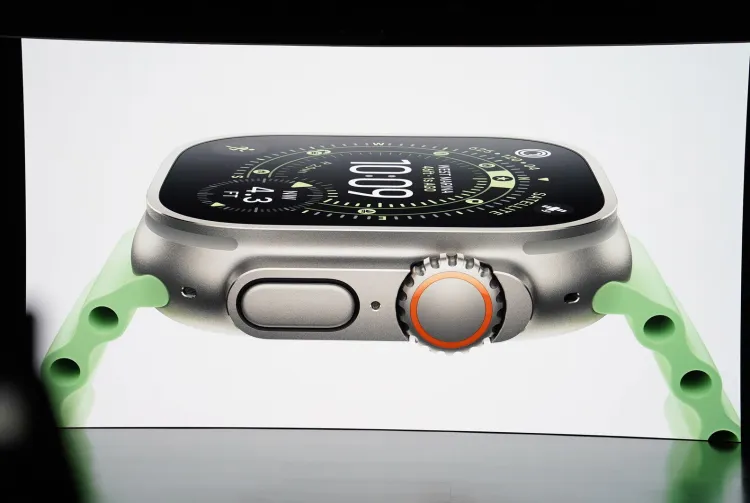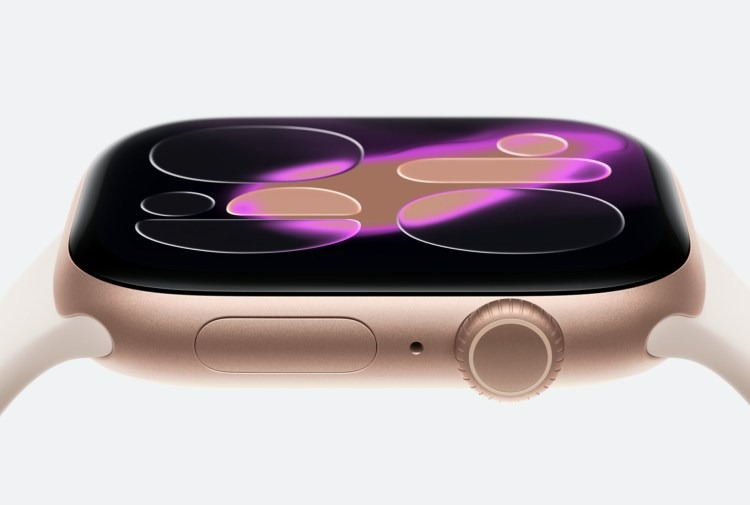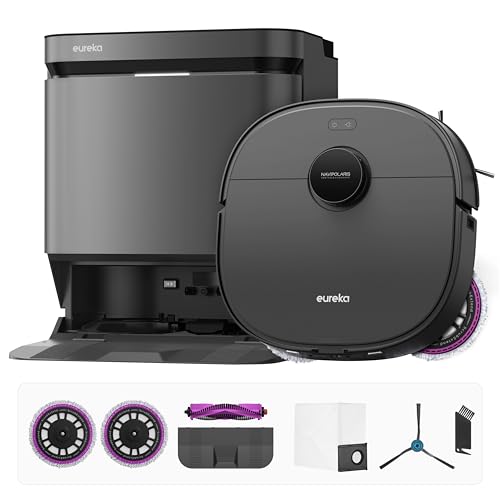Microsoft just signed its first union contract in the United States. The 300-plus quality assurance testers at ZeniMax Media—the folks behind Fallout and The Elder Scrolls—pulled off something nobody thought was possible in gaming.
Like finally beating a boss fight that seemed impossible, these workers defeated nearly two years of corporate stalling through pure persistence and collective action.
After negotiations that almost ended in a strike, they secured a deal that should make every game tester in America pay attention. The contract delivers a 13.5% across-the-board pay raise starting July 1—the kind of increase that matters when rent keeps climbing.
But here’s what makes this deal different from typical corporate announcements: QA workers will finally get credited for the games they help create.
Behind every one of the best video games you’ve played—especially those that didn’t crash on launch day—is a team of unsung heroes. These quality assurance testers spend months in windowless rooms, replaying the same levels hundreds of times to squash bugs before they ruin your experience.
Those workers have been exploited too often for their passion and creativity, according to union member Jessee Leese, and this contract has started fixing that. The timing isn’t coincidental—union members had authorized a strike just weeks before reaching this agreement.
Industry analyst Mat Piscatella from Circana notes that modern games have become “living, breathing worlds that constantly evolve,” require constant updates and support, making quality assurance more crucial than ever. Your gaming experience depends on these workers catching problems before they reach your console.
The contract also includes protections around AI use in the workplace—a surprisingly forward-thinking move when most companies are rushing to automate everything. These workers saw the writing on the wall and made sure they’d have a voice in how AI transforms their jobs.
This victory could ripple through the entire gaming industry. Other Microsoft-owned studios, including the Overwatch team and Call of Duty testers, are still negotiating their contracts.
When workers at one of the world’s most valuable companies prove that collective bargaining works, it sends a message that reverberates far beyond Bethesda’s offices.
Some of the biggest improvements tied to the next-gen Xbox launch won’t come from raw processing power, but from the people behind the screens. With better-paid, properly credited testers no longer fearing sudden layoffs, you’re more likely to get smoother, bug-free gameplay. Sometimes the largest technical leap happens behind the scenes.




























